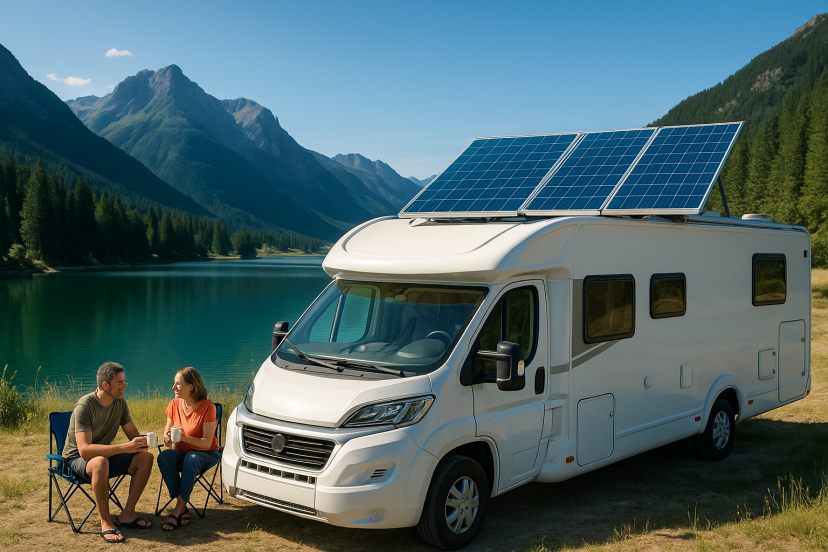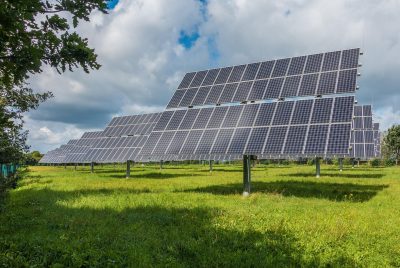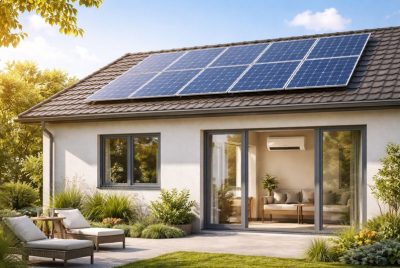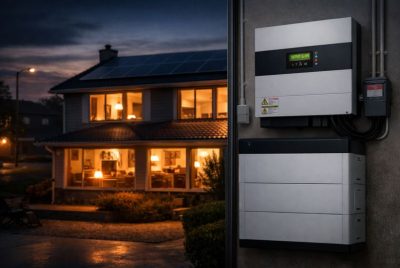Motorhome With Solar Panels: The Complete Guide for Self-Sufficient Road Trips
Imagine waking up in a secluded forest or beside a peaceful lake, your motorhome with solar panels humming quietly as it captures the morning sun. No noisy generators, no desperate searches for electric hookups—just the freedom to explore on your terms. Solar panels for motorhomes have changed the way adventurers travel, letting you enjoy real independence, save money, and tread lighter on the planet. This guide covers everything you need to know to make the most of solar energy on the road.
Why Choose a Motorhome With Solar Panels?
Traditional RV power options are often limiting. Generators require fuel and are noisy, while campsite hookups can tie you down or rack up costs. Solar panels offer an affordable, low-maintenance way to break free from these constraints. By harnessing the sun, you can travel further, stay longer in remote places, and enjoy true peace and quiet. Plus, with rising energy costs, solar can quickly pay for itself—especially if you love boondocking or extended road trips.
How Do Motorhome Solar Panels Work?
Motorhome solar panels are surprisingly straightforward. Here’s how the system flows:
- Solar panels on your roof absorb sunlight, generating direct current (DC) electricity.
- Charge controllers manage the flow to your batteries, preventing overcharging.
- Batteries store this energy for whenever you need it—day or night.
- Inverters convert stored DC power into usable AC electricity, powering everything from your laptop to your coffee maker.
You don’t need to be an engineer. Modern solar kits make it simple, whether you want a basic setup for charging devices or enough power to run all your essentials.

Choosing the Right Solar Panel Setup for Your Motorhome
Choosing the perfect solar system starts with understanding your needs and your motorhome’s space.
- Estimate your daily power use: Tally up the watts your appliances, lights, and devices draw.
- Check your roof space: Panels come in various sizes—measure before you buy.
- Fixed vs. portable: Fixed panels are always working while you camp. Portable ones can be moved to catch the best sun or supplement your setup.
- Panel type: Monocrystalline panels are more efficient and compact, making them a favorite for RVers.
Many travelers start small, perhaps a 100W or 200W kit, and expand as they learn how much power their adventures actually require.
Key Benefits of Going Solar on the Road
True Off-Grid Freedom
No more being tethered to busy campgrounds. Solar lets you camp wherever inspiration strikes.
Cost Savings Over Time
Say goodbye to buying generator fuel and paying for hookups. Once your solar system is up and running, you can harness free energy from the sun.
Quiet, Eco-Friendly Power
Solar is silent and produces zero emissions. You’ll hear the birds, not your generator.
Boosted Resale Value
A motorhome with solar panels is more attractive to future buyers. It’s a modern must-have.
Worry-Free Travel
Unexpected power outages? No problem. Your solar setup is always working in the background.
Step-By-Step: Installing Solar Panels on Your Motorhome
Ready for DIY installation? Here’s a high-level look:
- Plan your system: Decide on the number and size of panels, batteries, and your inverter.
- Gather components: You’ll need mounting brackets, wiring, a charge controller, and safety gear.
- Mount the panels: Clean your roof, mark your spots, and secure the panels.
- Connect everything: Wire the panels to the charge controller, then the batteries, and finally to the inverter.
- Test the system: Power up your system and inspect every connection to ensure everything is working properly.
Not comfortable with wiring? Professional installation is always an option.
5 Best Solar Panel Products for Motorhomes (Amazon Picks)
Searching for the right solar setup can be overwhelming. To help, here are five highly rated solar panel products on Amazon, all suitable for motorhome use. Whether you’re a weekend traveler or a full-time road warrior, these picks balance reliability, performance, and ease of use.
1. Renogy 200 Watt 12 Volt Monocrystalline Solar Starter Kit
Perfect for beginners and seasoned travelers alike, this kit includes efficient monocrystalline panels, a reliable charge controller, mounting brackets, and all the basic wiring. Renogy is a trusted name in RV solar, and this setup makes off-grid power simple to achieve.
Find it here: Renogy 200W solar kit on Amazon
2. ECO-WORTHY 200 Watts 12 Volt Complete Solar Panel Kit
If you’re looking for a straightforward, all-in-one solution, ECO-WORTHY’s 200W kit is a favorite among RVers. The kit is easy to install, compatible with most 12V battery types, and robust enough for year-round travel.
Check out: ECO-WORTHY 200W Solar Panel Kit on Amazon
3. Jackery’s 100W SolarSaga portable panel
Ideal for travelers who want flexibility, the Jackery SolarSaga is a portable, foldable panel that pairs perfectly with power stations for quick charging. Set it up at camp, adjust to follow the sun, and fold it away when you’re ready to move.
Browse: Jackery SolarSaga 100W Portable Solar Panel on Amazon
4. ALLPOWERS 200W Foldable Solar Panel
This foldable panel is a great pick for those with limited roof space or anyone who wants extra portable power. It’s lightweight, easy to carry, and can plug directly into power stations or charge controllers.
See it here: ALLPOWERS 200W Foldable Solar Panel on Amazon
5. HQST 100 Watt 12 Volt Polycrystalline Solar Panel
For smaller motorhomes or those looking to add a bit more capacity, HQST’s 100W panel is budget-friendly, compact, and built to withstand the elements. It’s an excellent building block for a custom solar system.
View: HQST 100W Polycrystalline Solar Panel on Amazon
Before purchasing, consider your motorhome’s power needs and available installation space. Reading user reviews and checking compatibility with your existing setup can help you choose the best option for your adventures.
Common Challenges and How to Solve Them
Shade and Weather Limitations:
Park in open, sunny areas. If you can’t, portable panels can help maximize your energy capture.
Limited Roof Space:
Choose high-efficiency panels, or supplement with ground-deployed panels when parked.
Sizing Mistakes:
Use an online solar calculator or consult an expert before you invest.
Upfront Costs:
Start small if you’re on a budget—every bit of solar helps, and you can always add more panels later.
Essential Maintenance Tips for Motorhome Solar Panels
- Keep panels clean: Dust and dirt cut efficiency. Wipe them regularly with a soft cloth.
- Inspect regularly: Check for loose wiring or corrosion every few months.
- Monitor output: Many systems include monitors or apps so you can track performance at a glance.
- Store properly: If storing your RV for long periods, cover your panels to protect them.
A little care keeps your solar setup running strong for years.
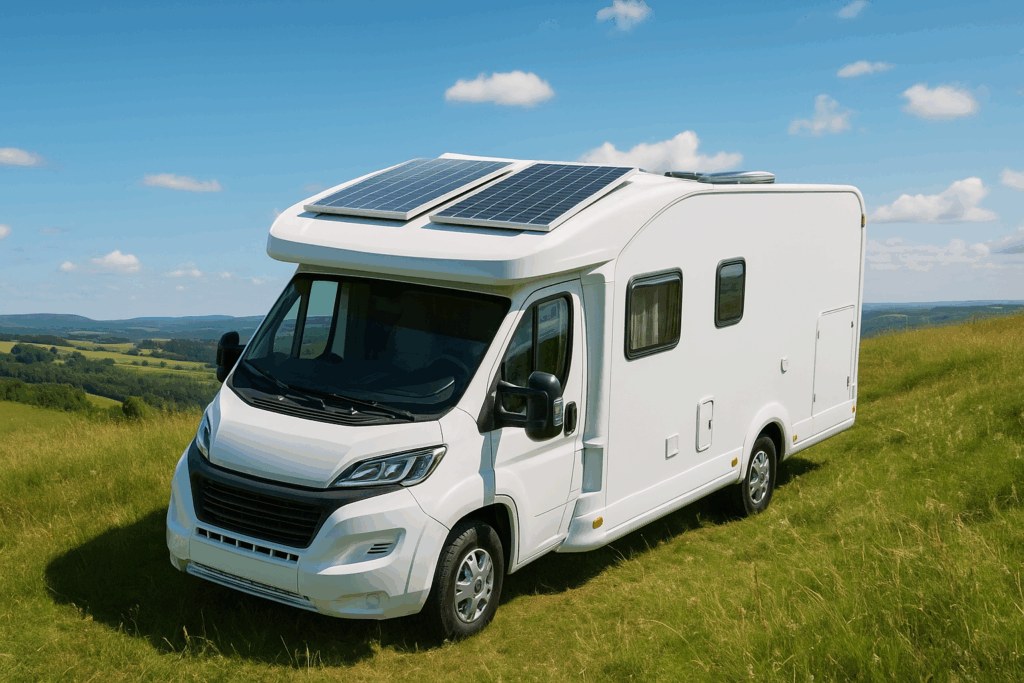
Scientific Research: What the Experts Say About Solar Panels for Motorhomes
When considering a motorhome with solar panels, it helps to look at what scientific research has discovered about real-world performance, system longevity, and energy independence. Here are two valuable studies that shed light on why solar is such a smart choice for mobile living.
1. Off-Grid Power Independence for Mobile Homes
A comprehensive study published in Energy Reports demonstrates how mobile homes equipped with solar PV panels and battery storage can achieve near-complete power self-sufficiency—even during disaster recovery situations. The research details how smart energy management allows residents to maintain critical appliances, heating, and connectivity without relying on external power sources. For anyone aiming for true independence on the road, these findings on electricity self‑sufficiency of off‑grid mobile homes make a compelling case for solar investment.
2. Advances in Solar Photovoltaic Materials and Battery Storage
Keeping your motorhome’s energy system efficient and reliable comes down to technology. A 2023 review in the Beni-Suef University Journal of Basic and Applied Sciences explores breakthroughs in high-efficiency solar panels and modern battery storage, highlighting the benefits of using the latest monocrystalline PV cells and lithium-ion batteries. The review shows how these advancements deliver better power output, improved durability, and long-term savings—key for anyone investing in a motorhome solar setup.
See the research: Advances in solar photovoltaic materials and energy storage technologies
These studies reinforce the value of upgrading your motorhome with solar panels, offering both peace of mind and a glimpse into the future of sustainable road travel.
Conclusion: Is Solar Right for Your Motorhome Life?
A motorhome with solar panels opens up a new world of freedom, independence, and sustainability. While the upfront investment requires planning, the payoff is more flexibility, lower long-term costs, and the ability to travel wherever inspiration strikes. Start with what fits your needs and budget, learn as you go, and let the sun power your next adventure.
Frequently Asked Questions About Motorhomes With Solar Panels
Q1: How do I determine the number of solar panels needed for my motorhome?
Most travelers start with 200–400 watts, but your exact needs depend on daily energy use. Figure out your energy needs ahead of time before making a purchase.
Q2: Will my solar panels be able to power the air conditioner?
Running an RV air conditioner on solar alone is challenging without a large system and battery bank. Solar is best for essentials like lights, fans, and small appliances.
Q3: Are portable or fixed solar panels better for motorhomes?
Fixed panels are maintenance-free but require roof space. Portable panels provide flexibility for extra charging.
Q4: How long do solar panels for motorhomes last?
High-quality solar panels can last 20+ years with proper care.
Q5: Do I need to upgrade my batteries for solar?
Deep-cycle batteries (AGM or lithium) offer better performance and lifespan than standard lead-acid batteries.

